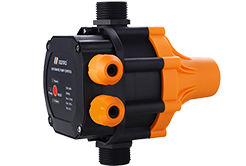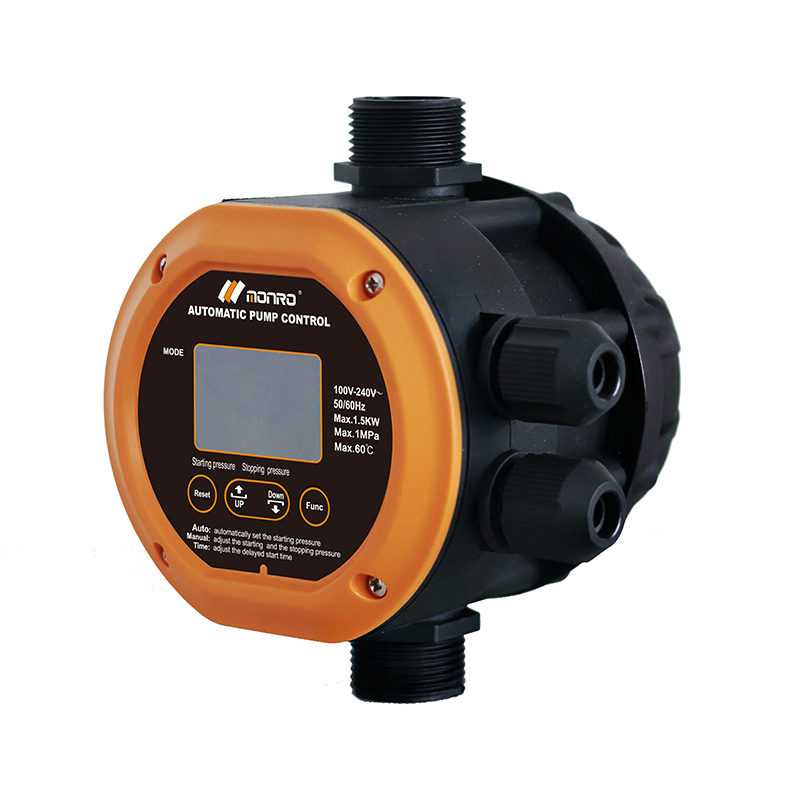Don't hesitate to send a message
Web Menu
Product Search
Exit Menu
Impact of Water Pressure Booster Pump Controllers and Water Pressure Control Systems on the Overall Cost of Water Supply Systems
Water supply systems play a crucial role in providing clean and reliable water to communities, industries, and households worldwide. The efficiency and effectiveness of these systems directly impact their overall cost, which encompasses various factors such as installation, maintenance, energy consumption, and equipment performance.
Initial Installation Costs:
Water pressure booster pump controllers, water pressure control systems, and water pressure controllers pumps contribute to the initial installation costs of water supply systems. These components are essential for maintaining adequate water pressure levels and ensuring reliable water distribution. The cost of purchasing and installing these devices varies depending on factors such as system capacity, complexity, and required features.
Energy Consumption:
One of the significant factors influencing the overall cost of water supply systems is energy consumption. Water pressure booster pump controllers and water pressure control systems play critical roles in regulating water pressure levels throughout the distribution network. Efficient operation of these systems minimizes energy consumption by optimizing pump performance and reducing unnecessary pressure fluctuations.
However, inefficient or outdated water pressure control equipment can lead to excessive energy usage, resulting in higher operational expenses. By investing in modern and energy-efficient water pressure booster pump controllers and control systems, water utilities can lower energy costs and enhance the sustainability of their operations.
Maintenance and Repair:
Water pressure booster pump controllers, water pressure control systems, and water pressure controllers pumps require regular maintenance to ensure good performance and longevity. Routine inspections, lubrication, and calibration are essential to prevent malfunctions, leaks, and breakdowns.
Failure to maintain these components can result in costly repairs and downtime, impacting the overall cost of water supply systems. Investing in high-quality equipment and implementing proactive maintenance strategies can minimize the risk of unexpected failures and reduce long-term maintenance expenses.
System Efficiency:
The efficiency of water pressure booster pump controllers and water pressure control systems directly influences the overall cost of water supply systems. Efficient systems maintain consistent water pressure levels while minimizing energy consumption and reducing the risk of leaks and pipe bursts.
By investing in advanced technologies such as variable speed drives, pressure sensors, and automated control algorithms, water utilities can improve system efficiency and optimize performance. These innovations enable precise pressure regulation, real-time monitoring, and adaptive control, resulting in lower operating costs and improved reliability.
Environmental Impact:
In addition to economic considerations, water supply systems must also address environmental concerns. Water pressure booster pump controllers and water pressure control systems play key roles in minimizing water wastage, energy usage, and carbon emissions associated with water distribution.
By optimizing pressure levels and reducing leakage rates, these systems help conserve water resources and reduce the environmental footprint of water supply operations. Investing in sustainable technologies and practices not only lowers operational costs but also contributes to environmental stewardship and long-term sustainability.
In conclusion, water pressure booster pump controllers, water pressure control systems, and water pressure controllers pumps are integral components of water supply systems, influencing their overall cost and performance. By investing in modern and efficient equipment, implementing proactive maintenance strategies, and adopting sustainable practices, water utilities can minimize expenses, improve system reliability, and enhance environmental sustainability.
Balancing economic considerations with the need for reliable and sustainable water supply services is essential for meeting the challenges of growing populations, urbanization, and climate change. By leveraging innovative technologies and best practices, water utilities can optimize their operations, reduce costs, and ensure the availability of clean and reliable water for generations to come.
-
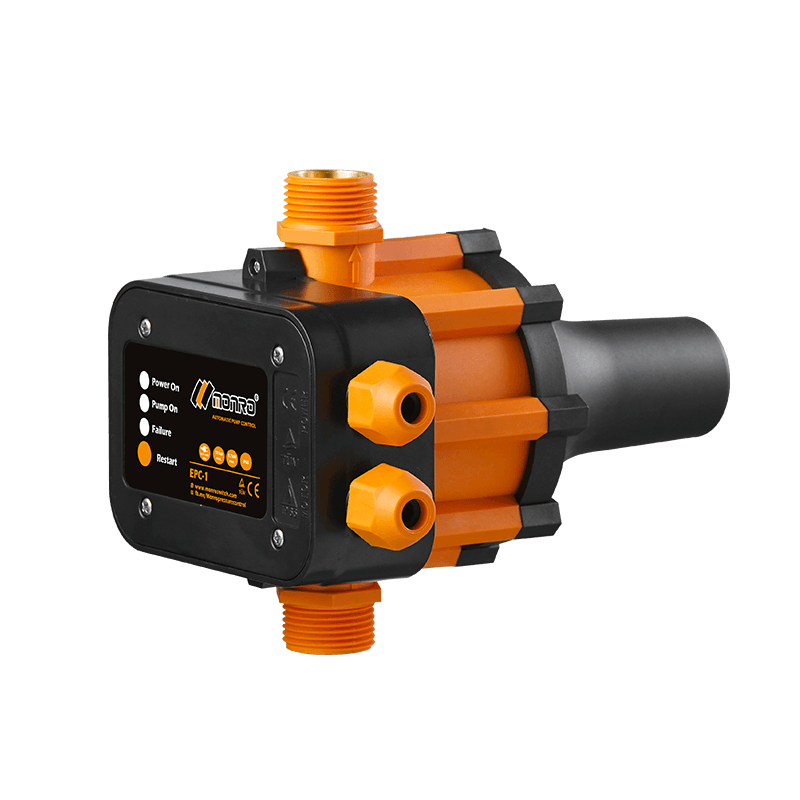 EPC-1
EPC-1Monro EPC-1 model pump controller is the classic and basic type, was loved by user in the global mar...
-
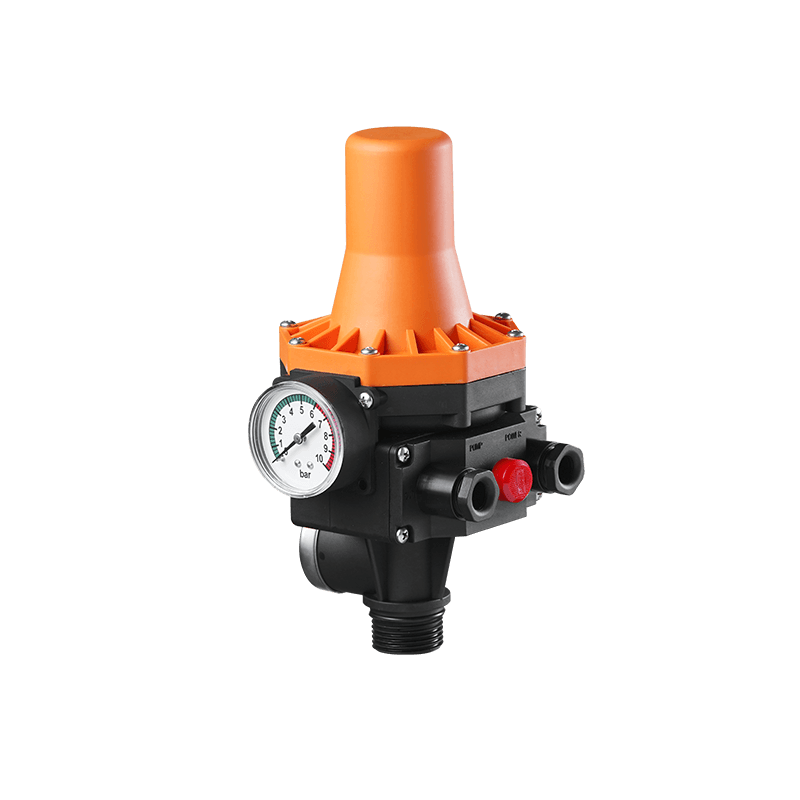 EPC-3
EPC-3Monro EPC-3 spain design auto on and off press control, an intelligent and economical system designe...
-
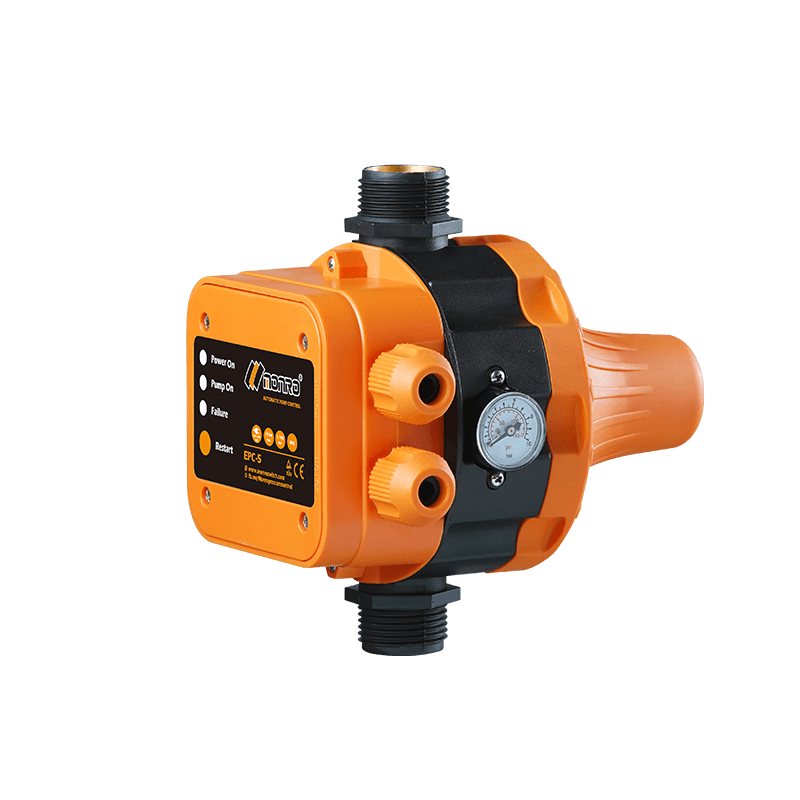 EPC-5
EPC-5Monro EPC-5 model automatic pump control, a device which assembled on the water pump (recommended si...
-
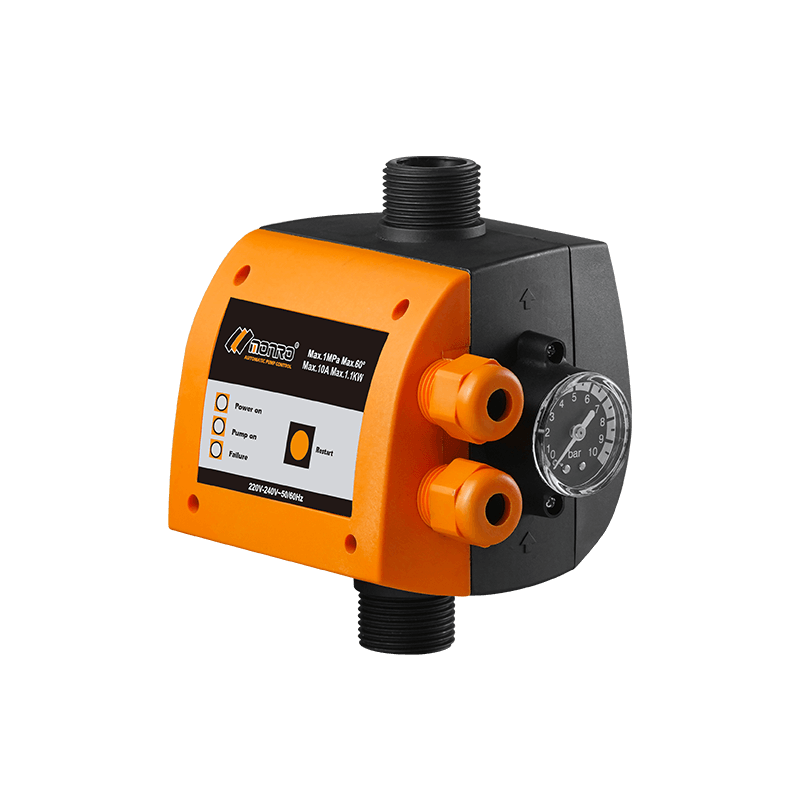 EPC-9
EPC-9Monro EPC-9 model pressure controller, is a big power device for automatic control and protection of...
-
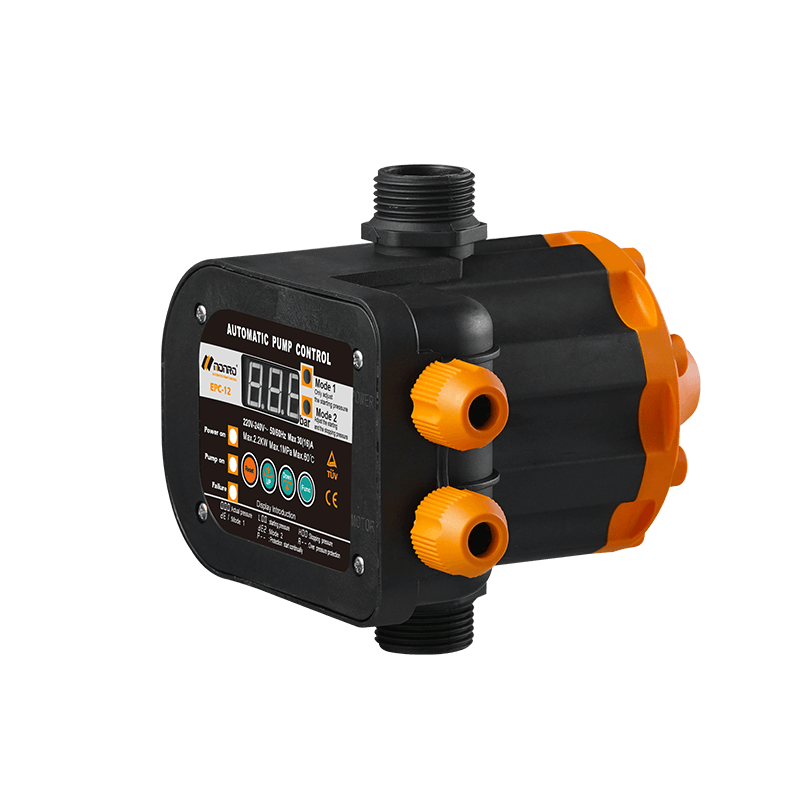 EPC-12
EPC-12Monro EPC-12 smart top-level automatic pump control is a multi-function model combined with traditio...
-
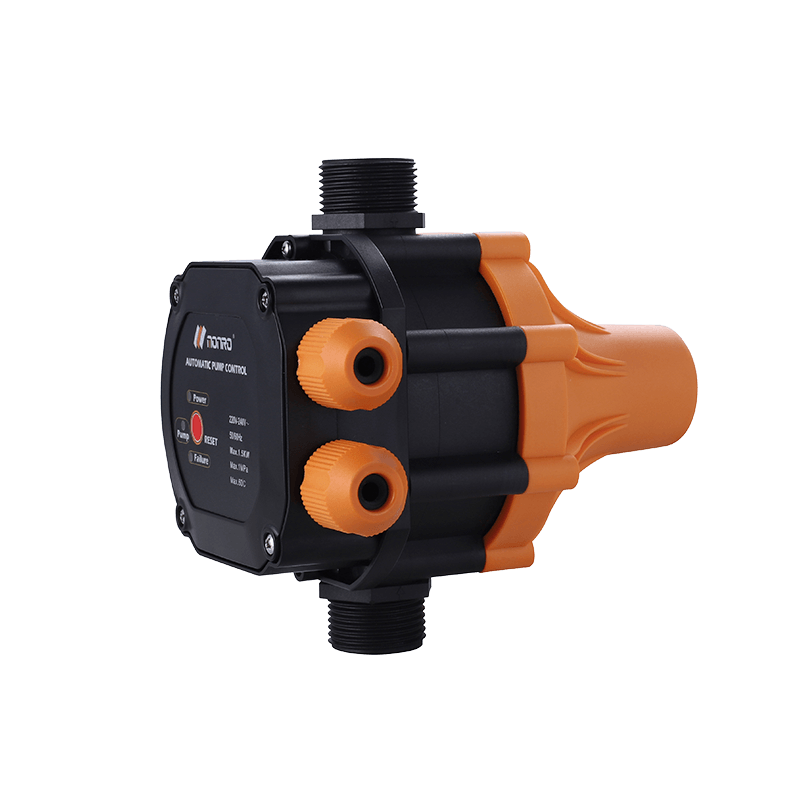 EPC-14
EPC-14Monro EPC-14 model pressure control is a big power device for automatic control and protection of el...
-
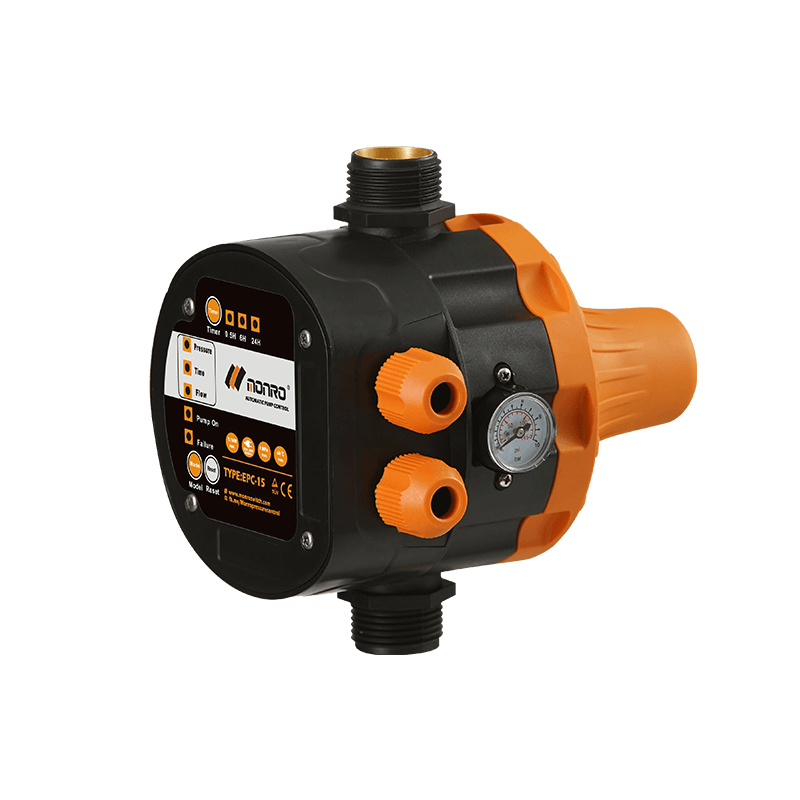 EPC-15
EPC-15Monro EPC-15 model automatic pump control, a device which assembled on the water pump (recommended s...
-
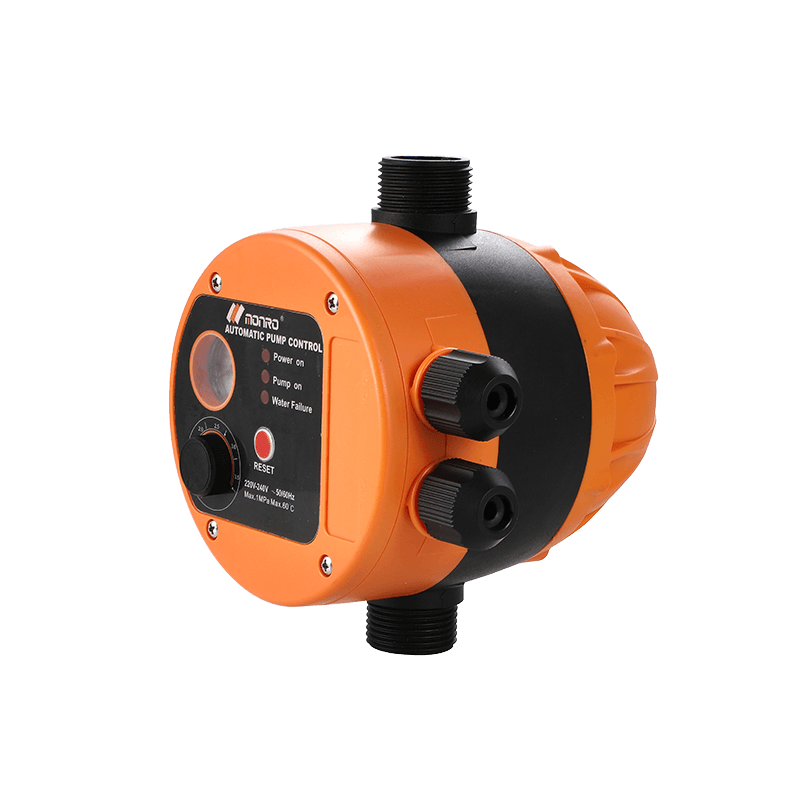 EPC-16
EPC-16EPC-16 is the new patent pump controller by Monro. Its key highlight is tooless (manual knob) start...
find our office
Committed to providing professional pressure control solutions for various types of water pumps and air compressors.

 简体中文
简体中文 English
English Español
Español